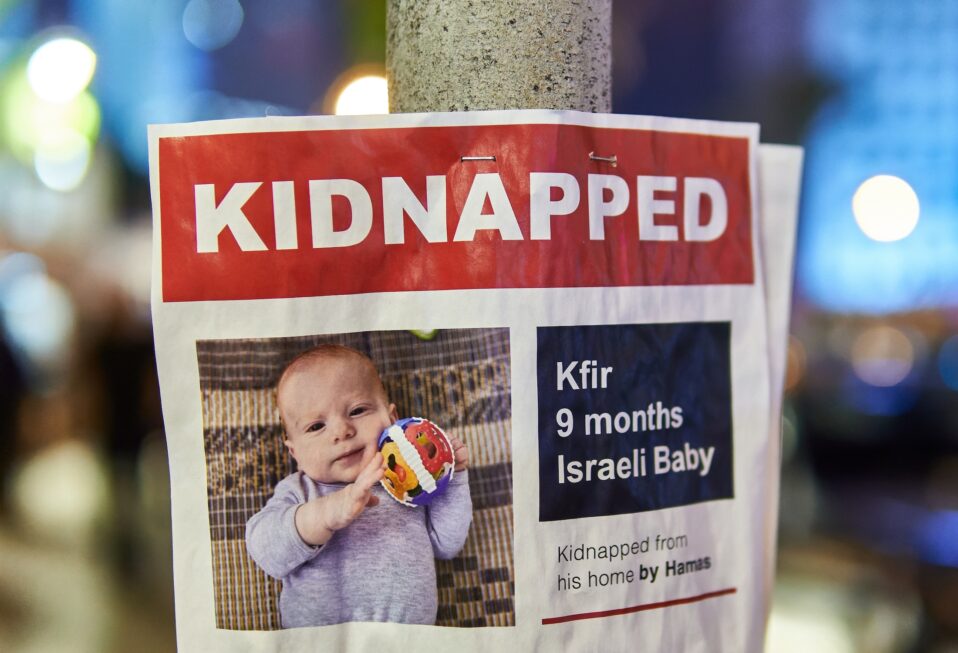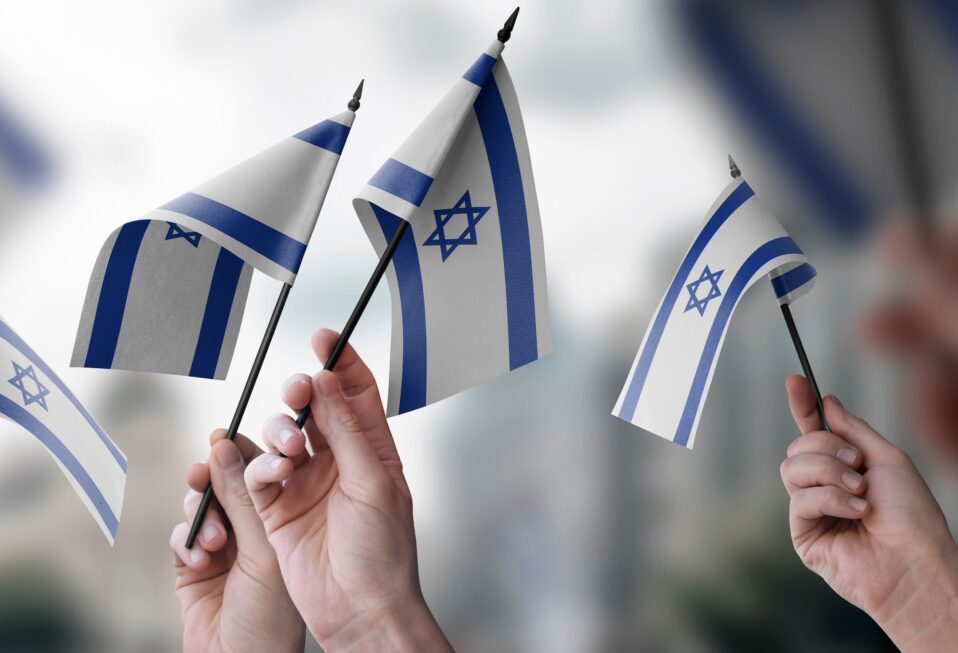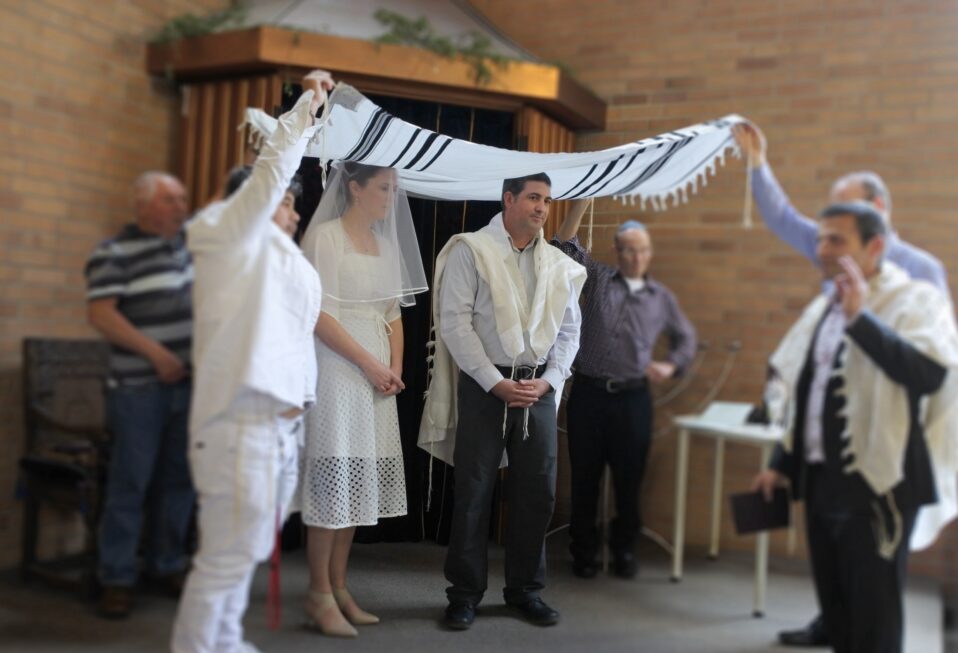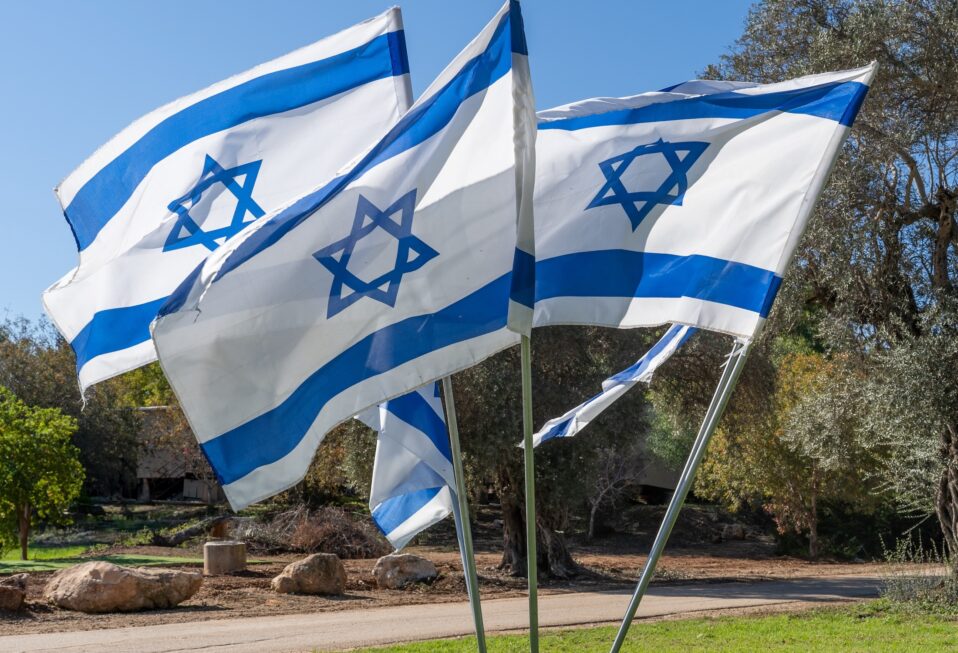By Arlene Bridges Samuels
The United Nations’ 80-year history contains some wretched moments. On October 24, 1945—after World War II ended—51 countries officially launched the United Nations (U.N.). Although the organization was established with dreams of peace and “sovereign equality of all nations,” the majority of today’s 193 member nations are united against the world’s only Jewish nation.
Instead of supporting “sovereign equality” for Israel, the U.N. glorifies Palestinian President Mahmoud Abbas, who still runs his “pay to slay” salary operation that rewards Palestinian terrorists for murdering Jews. Since October 7, 2023, the U.N. has increased its accusations—that humanitarian aid trucks were “violently looted,” for example, and that IDF soldiers used Palestinian children as human shields—as if Israel is the perpetrator of all that has befallen Gaza.
Among dozens of inaccurate criticisms, the U.N. consistently blames Israel for blocking food for Gazans. However, the United Nations seems unconcerned about (or ignores) the fact that many aid trucks sat for weeks not yet unloaded—or that armed Hamas terrorists regularly stole massive quantities of food off the trucks to resell at soaring prices to their population. The truth is, Israel has actually facilitated more than 1.3 million tons of humanitarian aid to Gaza’s civilians by land, sea, and air with help from allies. But that truth continues to go unnoticed.
In its early years, the United Nations attempted to resolve the simmering “whose land is it?” arguments. On November 29, 1947, they devised a resolution titled The Partition Plan. The plan—Resolution 181—proposed two states, one for Arabs (not called Palestinians at the time), the other, a state for Jews. Jewish leaders said yes to the plan. Arab leaders said no. The concept of a two-state solution would never work if surrounding Arab countries never accepted a Jewish state in the biblical land of Israel. Yet, Arab leaders repeatedly deceived most of the world’s well-meaning but gullible leaders, who were desperate for peace at any cost.
Consider this: After Israel miraculously won the Arab-launched Six-Day War in 1967, the Arab League held its fourth summit to emphasize Arabic solidarity in its goal to destroy the State of Israel. On August 29 in Khartoum, Sudan, the Arab League voted for the Khartoum Resolution that described the Palestinian Arab policy as “The Three No’s”—no peace with Israel, no recognition of Israel, and no negotiations with Israel.
Fortunately, President Trump’s visionary leadership enshrined the 2020 Abraham Accords’ agreement normalizing diplomatic relations between Israel, Bahrain, and United Arab Emirates. Offering a historic shift in the Middle East, it lost steam during the Biden administration and the October 7 kidnappings and massacres backed by the Islamic Regime.
A little history lesson here. Prior to 1917, the Muslim Ottoman Empire ruled Southeast Europe, West Asia, and North Africa from the 14th to the early 20th centuries. After the Ottoman’s centuries-long rule ended in World War 1, the British Mandate went into force in 1917. Both Jews and Arabs were under the military and administrative control of the United Kingdom in the region known as “Palestine” until May 14, 1948, when Jewish leaders aptly named their modern nation “Israel.” That very night, the armies of Egypt, Lebanon, Syria, Jordan, and Iraq invaded Israel. To everyone’s surprise, the outnumbered and outgunned Israelis miraculously defeated their attackers.
The three Arab no’s still dominate the United Nations when it comes to reports, decisions, and resolutions. For example, that embedded hatred and intolerance towards Israel made no exceptions for the October 7 hostages from 29 countries. Every hostage was and is loved by families and communities everywhere.
The United Nations’ disdain for Israel is nowhere more clearly shown than in a current United Nations draft report about vulnerable children in the world’s conflict zones. Set to be released in June, the draft report will assault the senses of Christians and Jews who care deeply about Israel and its people. The report contains a glaring, back door omission that exemplifies almost every part of the United Nations attitude toward Israel.
Extraordinarily, the murders of Israeli baby, Kfir Bibas, and his older brother Ariel were omitted from the draft report. As Amir Tsarfati announced from his Telegram platform, these beautiful red-headed children were forcefully kidnapped from their home in kibbutz Nir Oz on October 7, 2023. Their abductors rushed them into Gaza, held in the arms of their terrified mother. But it wasn’t until February 22, 2025, that the world discovered the unspeakable had taken place: In Gaza, terrorists had strangled Shiri and her two sons shortly after the kidnapping. And, after strangling these innocents with their bare hands, the terrorists picked up knives and desecrated their victims’ bodies.
What kind of global institution would omit these vile inhuman acts from a report directed at vulnerable children who live in conflict zones? I assume that, based on their demonic nature, the terrorists forced Shiri to watch them strangle her children. Where is the United Nations’ condemnation for Hamas’s heinous acts? Yet the U.N. finds time to defend Hamas, Iran, and its proxies—almost as if Israeli children aren’t quite human.
Hamas’s brutal acts of strangulation and desecration stain the world with their unmitigated sin. Right now, we should consider the majority of the 193 member nations in the U.N. to be the terrorists’ accomplices in the sins of omission in this report.
Will nations rise and challenge this outrageous omission before the report’s release in June? Will anyone notice? I encourage you to learn more from two organizations that defend Israel at the United Nations with excellent credentials: UNWatch.org and the American Center for Law and Justice (ACLJ).
Our CBN Israel team welcomes you to pray with us this week:
- Pray for Israeli families and children who have been traumatized since October 7 and during the continued multifront war.
- Pray for the final release of all hostages, both the dead and alive.
- Pray for God to give Prime Minister Benjamin Netanyahu wisdom as he leads Israel.
- Pray for the global community to wake up to the truth about what has happened during these past 18 months.
Arlene Bridges Samuels is the weekly feature columnist for CBN Israel since 2020. Working on the staff of the American Israel Public Affairs Committee (AIPAC) as their SE Regional Outreach Director for nine years, International Christian Embassy Jerusalem USA engaged her as the Leadership Outreach Director part-time for their project American Christian Leaders for Israel. Arlene is an author at The Blogs-Times of Israel, is published at AllIsrael.com and The Jerusalem Connection, and has traveled to Israel since 1990. By invitation, she attends Israel’s Government Press Office Christian Media Summits as part of Christian media worldwide. In 2024, Arlene and her husband Paul co-authored Mental Health Meltdown: Illuminating the Voices of Bipolar and Other Mental Illnesses. www.TheMentalHealthMeltdown.com.















